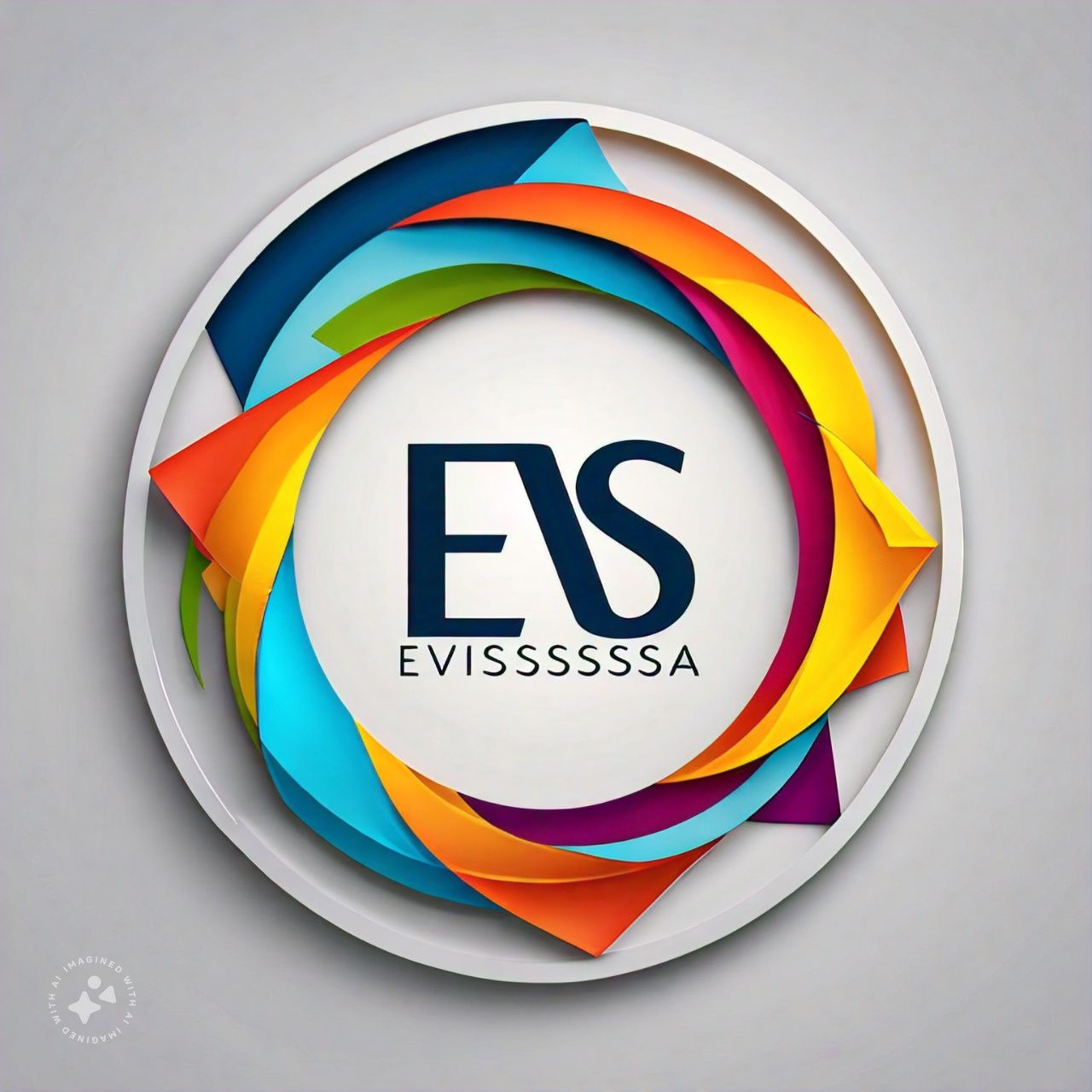
The E visa for Korea generally refers to a category of visas designed for foreign nationals who wish to work in South Korea in various professional fields. South Korea has several types of E visas, each intended for different purposes related to employment or professional activities. Here’s an overview of the main E visa categories:
1. E-1 Visa: Professors
- Purpose: For individuals who intend to work as a professor or instructor at a university or higher educational institution in South Korea.
- Eligibility: A minimum of a Master’s degree or higher, or equivalent professional experience in the relevant academic field.
- Required Documents: Employment contract, proof of academic qualifications, etc.
2. E-2 Visa: Foreign Language Instructors
- Purpose: For foreign nationals who wish to teach languages (such as English, Chinese, Japanese, etc.) at schools, universities, or private institutes.
- Eligibility: Must have a Bachelor’s degree, typically in a language or education field, and proficiency in the language to be taught.
- Required Documents: Employment contract, proof of qualifications, background check (criminal record check), medical check-up.
3. E-3 Visa: Researchers
- Purpose: For foreign nationals who are employed as researchers or technical experts in specialized fields such as science or technology.
- Eligibility: Must have relevant educational qualifications or work experience in the field of research.
- Required Documents: Employment contract, proof of qualifications, research plan.
4. E-4 Visa: Technical Experts
- Purpose: For foreign nationals working as experts in technology, engineering, or other technical fields.
- Eligibility: Must have a relevant degree or qualifications in the technical area and employment with a Korean company.
- Required Documents: Employment contract, proof of technical expertise, educational qualifications.
5. E-5 Visa: Professional Work
- Purpose: For foreign nationals working in specific professional occupations such as lawyers, accountants, etc.
- Eligibility: Must hold a relevant professional qualification recognized in South Korea.
- Required Documents: Proof of professional qualifications, employment contract.
6. E-6 Visa: Arts and Performance
- Purpose: For foreign nationals in artistic or entertainment professions, including music, film, fashion, or other cultural sectors.
- Eligibility: Requires a demonstrated talent or experience in the arts or entertainment industry.
- Required Documents: Employment contract, proof of artistic or entertainment credentials.
7. E-7 Visa: Special Occupation
- Purpose: For professionals in specialized fields (such as engineers, researchers, etc.) who are hired by a Korean company to perform specific tasks.
- Eligibility: Must have a degree or relevant work experience in the specific occupation.
- Required Documents: Employment contract, proof of qualifications, etc.
General Requirements for E Visas
- Valid Passport: You will need a valid passport with at least 6 months of validity.
- Employment Contract: A signed employment contract from the sponsoring employer in South Korea.
- Educational and Professional Qualifications: Proof of relevant qualifications for the type of visa being applied for (e.g., degrees, certifications).
- Criminal Background Check: A background check from your home country may be required.
- Medical Checkup: In some cases, a health check-up might be necessary.
Application Process
- Obtain a Job Offer: First, secure a job offer from a South Korean employer.
- Employer Applies for Visa Sponsorship: The employer typically applies for a visa sponsorship on your behalf with the Korean immigration office.
- Submit Documents: Once the sponsorship is approved, you will submit the required documents to the nearest Korean embassy or consulate.
- Wait for Visa Approval: After submitting your application, you will need to wait for your visa approval.
- Receive E Visa: Once approved, you will receive your visa to enter South Korea.
CLICK HERE FOR APPLY

When applying for an E Visa for South Korea, there are several key privacy and policy considerations that applicants must be aware of. South Korea’s immigration process, including for E visas, involves strict procedures regarding the protection of personal data and the sharing of information with government agencies. Below are the primary aspects of privacy and policy related to South Korea’s E visa system:
1. Personal Data Protection
- Personal Data Collection: When you apply for an E visa, you will be required to submit personal information such as your passport details, educational and professional qualifications, and contact information. This data is essential for processing the visa application.
- Data Privacy Laws: South Korea has strict laws regarding data privacy, governed by the Personal Information Protection Act (PIPA), which ensures the protection of individuals’ personal data. Under this law, any personal information collected during the visa application process must be used only for the intended purposes and kept secure.
- Use of Data: The personal information you provide will be used to evaluate your eligibility for the E visa, verify your qualifications, and for immigration and employment purposes. It may also be shared with other government agencies, such as the Ministry of Justice, for the purpose of confirming your identity and immigration history.
- Third-party Sharing: Your information may be shared with the Korean employer who is sponsoring your visa or other relevant entities for employment verification, but it will not be shared with third parties without your consent unless required by law.
- Security: South Korea’s immigration authorities and consular services are responsible for implementing security measures to protect your data from unauthorized access, loss, or misuse. The system is designed to safeguard your data throughout the visa process.
2. Documents and Information Required for E Visa Application
- The process requires you to submit a variety of personal documents, such as:
- A valid passport.
- Proof of employment in South Korea (like a signed employment contract from a Korean employer).
- Educational and professional qualifications (degree certificates, proof of previous employment, etc.).
- Criminal record check from your home country.
- Medical certificate (depending on the visa type).
- These documents are scrutinized, and their contents are protected as part of the visa application process.
3. Visa Sponsorship and Employer Responsibility
- Your Korean employer is also responsible for maintaining compliance with privacy and data security requirements. They will handle some of your personal information (such as your employment contract and proof of qualifications) when submitting documents to the Korean immigration office for sponsorship.
- The employer is obligated to ensure that the information provided to the immigration authorities is accurate and complete. They must also maintain confidentiality regarding the personal data of foreign employees.
4. Immigration and Enforcement Policies
- Monitoring and Compliance: The immigration authorities of South Korea monitor individuals on E visas for compliance with the terms of their visa. This includes ensuring that the visa holder is employed by the sponsoring employer and is working in the capacity for which the visa was granted.
- Record Keeping: South Korean authorities will maintain records of your visa status, employment, and any violations (if any). These records are typically kept confidential but may be accessed in cases of legal or regulatory need, such as immigration enforcement or security checks.
- Change of Employer or Visa Status: If you change employers while on an E visa or wish to extend your visa, your personal data will be re-evaluated to ensure you continue to meet the criteria for the visa. This process may require submitting updated documents and personal information.
5. Visa Denial or Revocation
- If your visa application is denied or revoked, the personal information you provided will still be retained by the immigration authorities, but it will not be shared without your consent, except in cases where it is required by law.
- In the event of any visa violations (e.g., engaging in unauthorized work), your personal information could be used for enforcement purposes, such as deportation, and it might be shared with other law enforcement agencies.
6. Privacy Rights for Applicants
- Access to Information: You have the right to request access to any personal data held by South Korean immigration authorities. You can inquire about the data that is being collected, how it is used, and for how long it will be retained.
- Correction and Deletion: You have the right to request corrections to any inaccurate personal information, and in some cases, you can ask for the deletion of your personal data (although some data may be retained due to legal or regulatory requirements).
- Consent: Before submitting your application, you will be asked to give consent for the collection and processing of your personal data as part of the visa application procedure.
7. Visa Application System and Online Platforms
- South Korea’s visa application system may require you to submit personal data through an online portal or to provide documents electronically. It is essential to ensure that you are using the official government websites (e.g., Korea Visa Portal) to protect your personal data from being exposed to third-party websites.
- The online visa application systems are also governed by privacy laws, ensuring that the data is encrypted and protected during submission.
8. Transparency of Processing
- Immigration authorities are expected to provide applicants with clear information about the visa application process, the types of personal data being collected, and the purpose of collecting that information.
- You will also be informed about the retention period for your data and your rights regarding access, correction, and deletion.
Summary
To summarize, South Korea’s E visa system is governed by strict data privacy policies under the Personal Information Protection Act (PIPA). Your personal data will be collected, used, and processed only for the purpose of visa evaluation and immigration compliance. The information is kept confidential, shared only with authorized entities (like your Korean employer or government agencies), and is secured against unauthorized access. You also have rights to access, correct, or request the deletion of your personal data.

